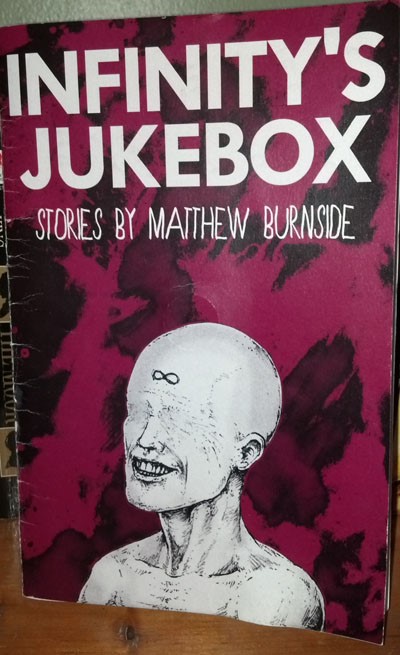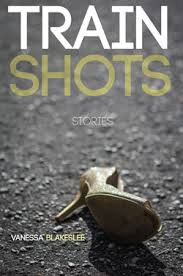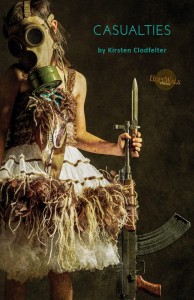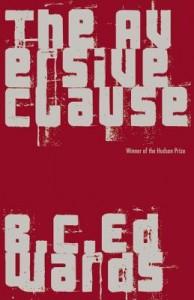386 Pages, $24.95
Review by Corey Pentoney
Before I dig into this review, I want you to imagine what loss looks like. If you saw it on the face of a friend, would you recognize it? Are their eyebrows angled in a certain way, the corners of their lips turned down just so? Now separate that feeling from the person, from a human face. What does it look like? A swirling mass of black and dark colors? An empty beach? Take a minute and close your eyes and try to imagine what each and every emotion looks like—fear, hatred, love, happiness—when it’s not attached to a human being. Imagine the space it would fill.
In Dragon’s Breath, MariNaomi, the author and illustrator of Kiss and Tell (print), and Estrus Comics (online), as well as numerous short comics spread across the fathoms of the internet, tells the story of loss. The story is broken into many small vignettes, ranging from two or three pages to twenty or thirty, and all of these tiny events—the loss of her home, the loss of her grandfather, the loss of friends—are laid out in such a way that by the time you chew your way through the entire book, it will be hard not to feel in some way intimate with its author. You were there with her at the party with the members of Duran Duran; you screamed at her boyfriend when they didn’t get along; you stared at the bites from the bedbugs on your ankles and shins. Continue reading
![[PANK]](https://pankmagazine.com/wp-content/themes/pank/assets/images/pank-logo-large.png)





